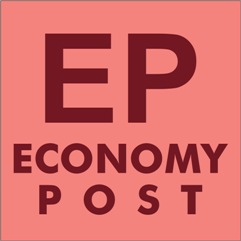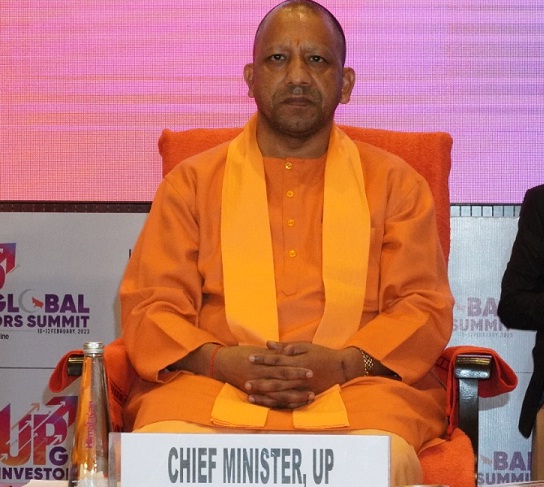To promote new age technologies including Artificial Intelligence (AI), block chain and machine learning, the Uttar Pradesh government is providing generous grants to innovative Research & Development (R&D) in an array of domains.
The UP Council of Science and Technology (CST) has announced to invest more than Rs 14 crore in 109 research proposals in the state.
The Yogi Adityanath government is giving emphasis on handholding new age technologies and creating an enabling ecosystem in the state.
The decision was taken yesterday at the 115th executive committee meeting of the Council chaired by UP principal secretary, department of science and technology, Narendra Bhooshan, who is also the CST director general.
According to Council director Anil Yadav, one of the research proposals pertain to an Internet of Things (IoT) operated, helmet controlled electronic wheelchair based on AI technology for disabled people. The project will be spearheaded by Dr Ambedkar Institute of Technology for Handicapped, Kanpur.
In a solar energy project, any additional solar power generated by a consumer could be shared with another consumer in the same locality. The research was approved to JSS Academy of Technical, Noida for developing the system based on block chain, micro-controller and IoT.
Another approved project will benefit people leading a sedentary lifestyle, working long hours and facing health issues such as pain/spondylitis etc.
The Council approved the project of Motilal Nehru National Institute of Technology, Prayagraj to develop a realtime posture correction system for desk workers based on AI, Machine Learning and IoT. If the posture is wrong, the system will warn the worker to correct the posture.
Meanwhile, Rani Lakshmibai Central University, Jhansi will work on the cultivation of ‘Palash’ (flame of the forest) in tribal areas of Bundelkhand and make improved varieties available. Palash is used in making colours, medicines and ply boards. This project will help in generating employment and increasing the income of farmers.
Similarly, a project undertaken by Rohilkhand University, Bareilly will develop resources for asset inspection of energy related industries with the help of AI and drones.
King George Medical University (KGMU), Lucknow will develop multiparametric MRI models based on machine learning, which will help in identification, classification and diagnosis of renal tumors.
The diagnosis of throat cancer, which is caused by the side effects of consuming betel leaf and tobacco, is normally delayed. The Indian Institute of Technology (IIT), Kanpur will develop an AI based healthcare application for early detection of side effects of betel-tobacco consumption and throat cancer through advanced endoscopic imaging.
With the Indian Space Research Organisation (ISRO) establishing India as a leading space power by successfully carrying out the work of Chandrayaan-3, Aditya L-1 and Gaganyaan Mission, the Council decided to host a two-day workshop for teachers and students in coordination with ISRO.
Podcast – India’s global march
Meanwhile, the Council focussed on new areas like blockchain, contribution of 3D printing in medicine, Quantum Computing, IoT, Documented Reality, Virtual Reality, 5G and 6G Technologies, AI, Drones, Machine Learning, space science etc while inviting research proposals.

